
2020-09-29 08:45:22 Author: medium.com(查看原文) 阅读量:201 收藏
Hello, this post is about how I could take-over any account of Kolesa’s websites using Single Sign-On. There was an insecure JSONP call which could break the security of the entire SSO mechanism.
JSONP is a method for sending JSON data to other domain.
- Can load an external JavaScript object
- Does not use the XMLHttpRequest object
- Less secure
- Bypassed SOP in browsers
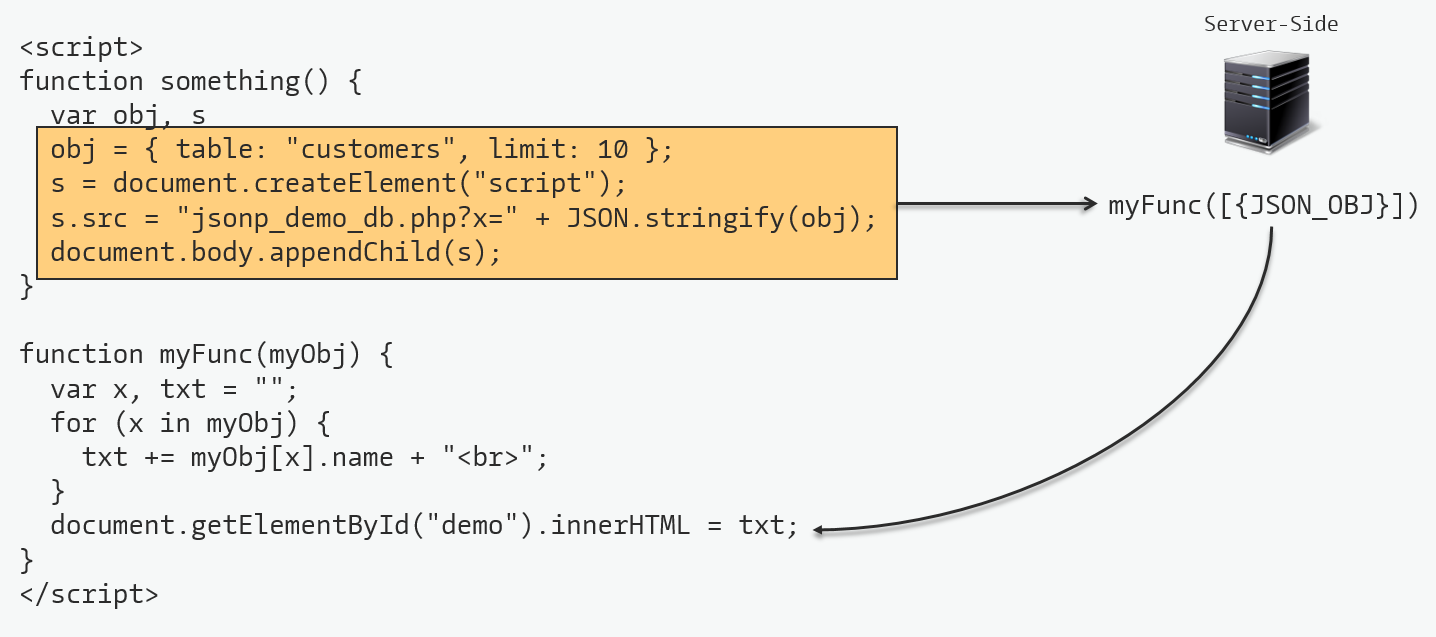
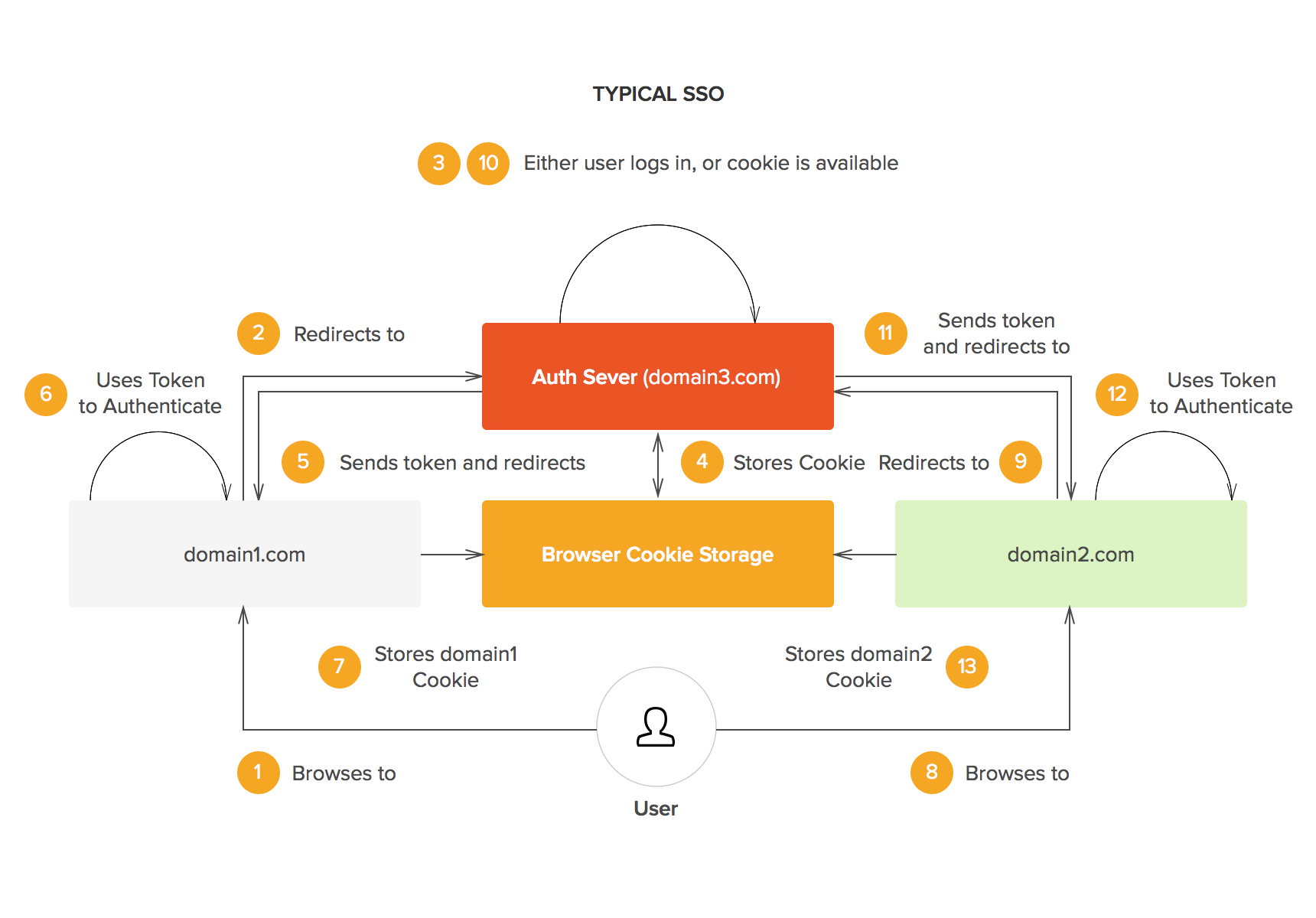
In this authentication model since a domain can not set an authentication cookie for the others, an authentication token should be transferred between the authentication server and other domains. Considering the orange box in the image above, each site should save a cookie after verifying the authentication token. In addition, authentication server also saves its cookie, so after a couple of HTTP requests I found the authentication cookie name for each Kolesa website:
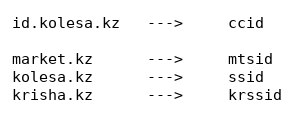
The JSONP call is used for further authentications. If a user has already logged-in in any of three websites, a JSONP call is made to authenticate the user in. The reason for this action is the ease of implementation. Since the origins of domains are different, the Kolesa websites should have implemented the Cross Origin Resource Sharing to transfer the authentication, but they’ve decided to use JSONP to avoid CORS setup.
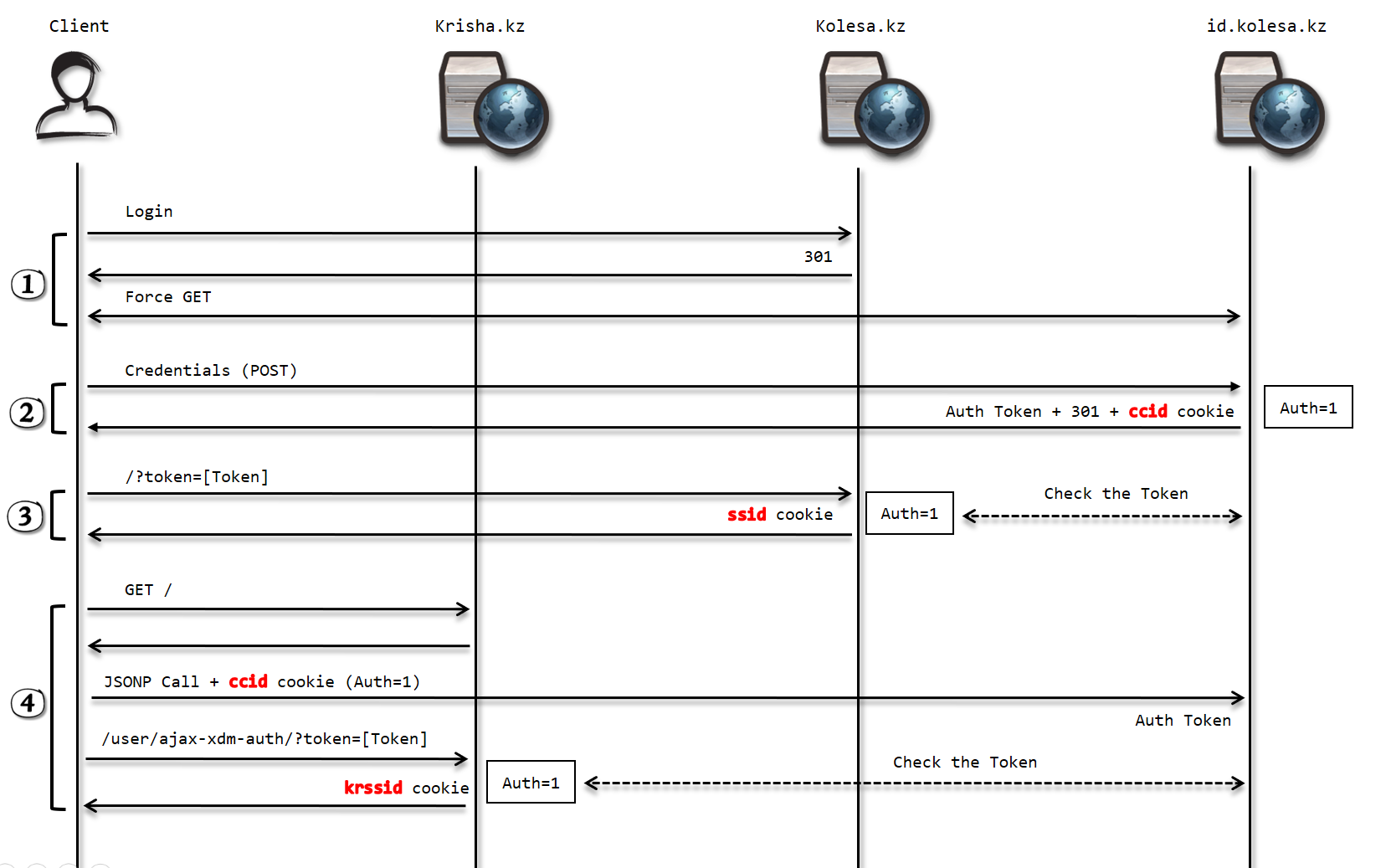
The point is, once a user is logged in for examplekosela.kz, they have a ccid cookie in id.kolesa.kz, an authentication token to transfer the authentication, and a ssid cookie in kosela.kz. After that, if the user wants to log-in in the other websites, it happens by just a click, since id.kosela.kz has authentication cookie, it immediately generates authentication token and the user will have the corresponded authentication cookie on the website.
Based on the picture above, phase 4 shows how the JSONP call is made and how the authentication token can be turned into authentication cookie in a domain. The cause of JSONP call:
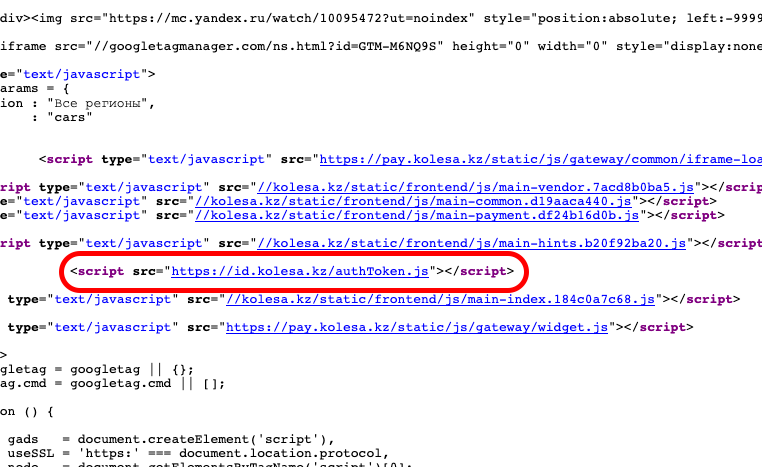
If the user has already been authenticated by id.kolesa.kz, the following response is expected:
HTTP/1.1 200 OK
Server: openresty/1.13.6.2
Date: Mon, 19 Aug 2019 16:43:26 GMT
Content-Type: text/javascript;charset=UTF-8
Connection: close
Expires: Thu, 19 Nov 1981 08:52:00 GMT
Cache-Control: no-store, no-cache, must-revalidate
Pragma: no-cache
Backend-Server: auth-be3.alaps.kz.prod.bash.kz
X-Bug-Bounty: Please report bugs and vulnerabilities to [email protected]
Content-Security-Policy: frame-ancestors 'self' http://webvisor.com https://webvisor.com
Strict-Transport-Security: max-age=31536000
Content-Length: 627window.xdm = {
sess: {
is_authenticated: 1,
token: 'xG3ROFWcb7pnXSnMr8MkaBvH01pLlCHqn0sPt0PVL6BBWYdQPdvA31tBi6dLB5njv5jhMW3y/cGBMRB9LC/69zv867wweaDhkxX6arGVzYDy2q+J52nkOQJ+62rR9wLPYJGyEpNGWeOBSp12vugXZUPq2RA6FMptbNkGQpJFjAclXSzduj7wJJgAUONMj3mkkElM1nWmIllrl5zDEz6s7077E4ibx//BvnfZ9AIC/9b2PB+QzVKOnSzzcr9wSXqta9TEDHvjopqbUd4UE2xSMRSj/zxPQlCba5632hcIXnzZB3A8fvahvf2Hm5ssuC+cwuKU8pAdE/qcGQSJKdhpYXxntGkQiLdEAliyCq+fahS4itb6HlFH/+H20RsZA+cjyaF7ntnW5tYY31vxJXovrR3oinaj9YDSzoCZYMDYPJMdk+HuZhRuxxEl8abuNlGD0aCt2GCPV7GY0J9Ma7AcPw=='
}
};(function ($) {
"use strict";$.xdm = window.xdm;
}(jQuery));
As it’s been seen there is an object named sess containing the two properties named is_authenticated and token. This object is responsible to transfer authentication. At this moment the user has authentication token but not authentication cookie of the current website, so the second call is made:
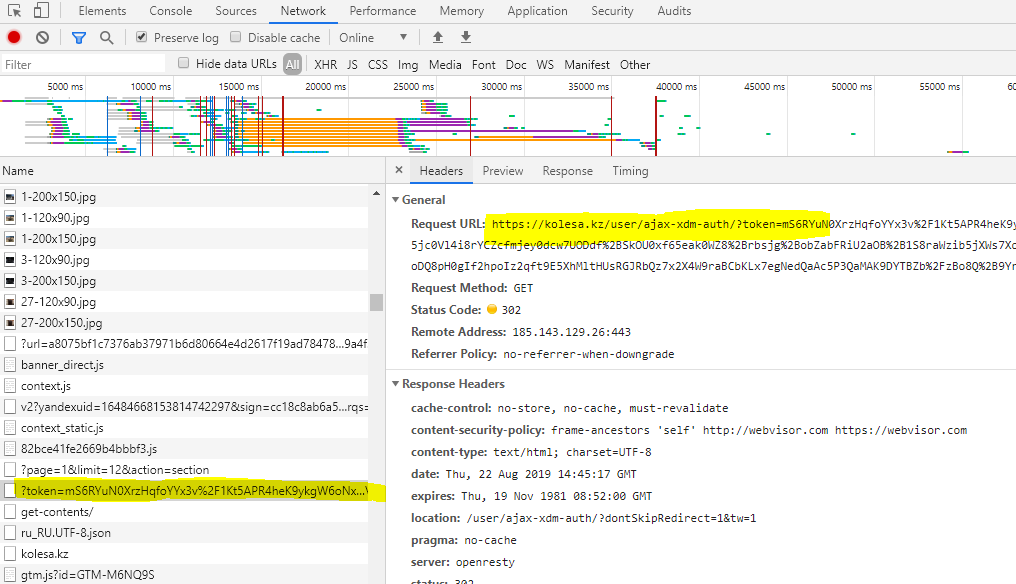
The JavaScript code:
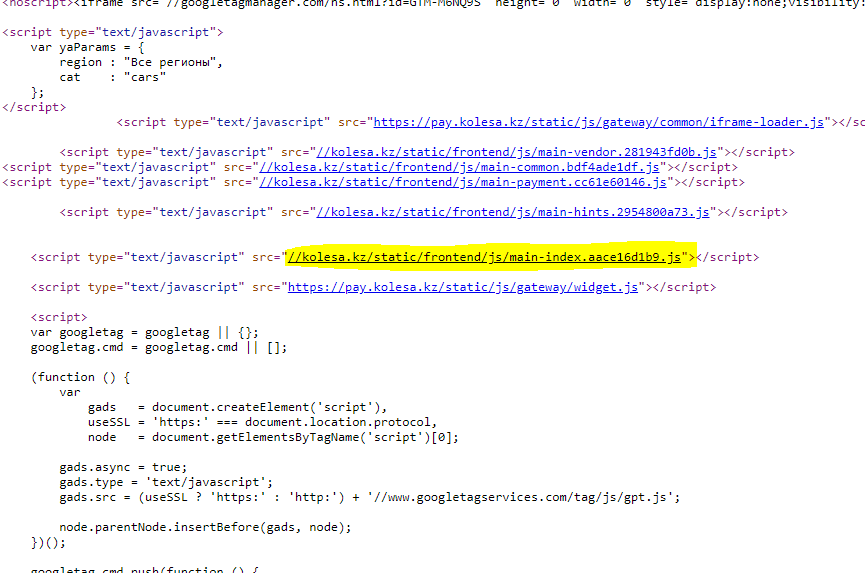

The question is, an arbitrary origin can extract the authentication token? of course, it can because the JSONP call bypasses the Same Origin Policy.
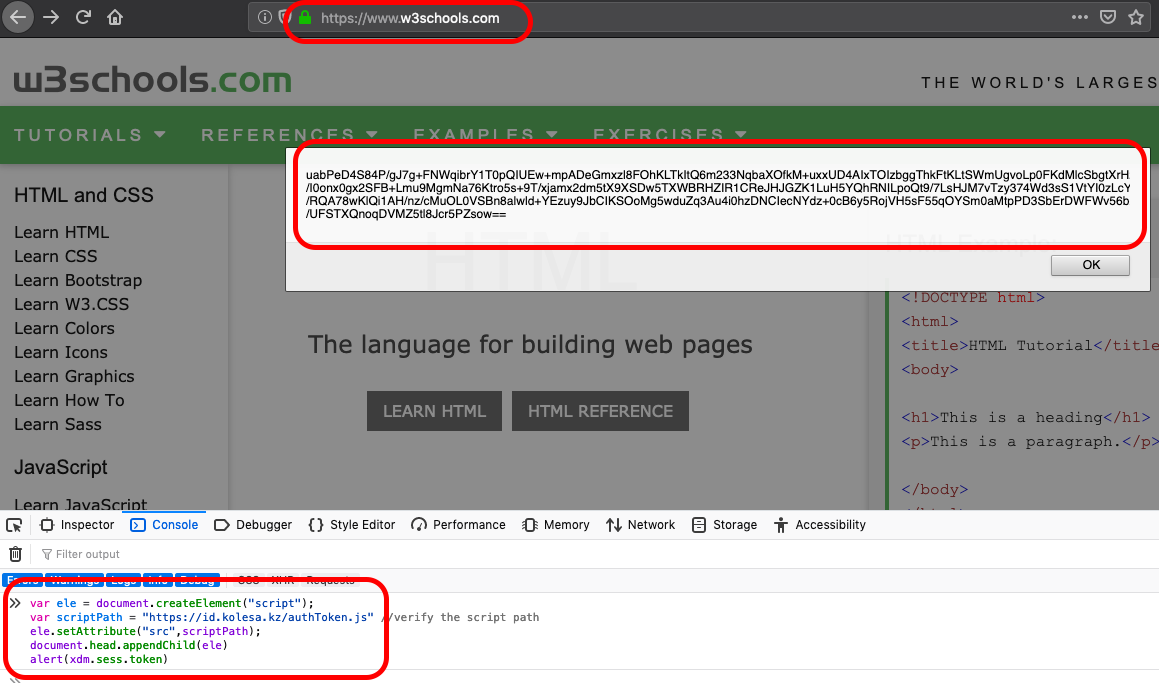
The vulnerability found, account takeover by a single click :)
The scenario is simple:
- Setting up a page calling JSONP on behalf of any user
- Tricking authenticated user to visit our malicious website
- Sending
authentication tokenby the user to our website - logging-in as the victim and doing bad stuff
The exploit code (client-side + server-side call):
Here is the video POC:
如有侵权请联系:admin#unsafe.sh